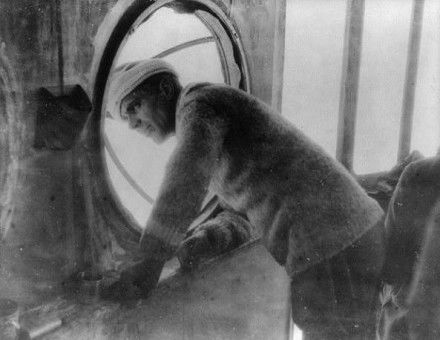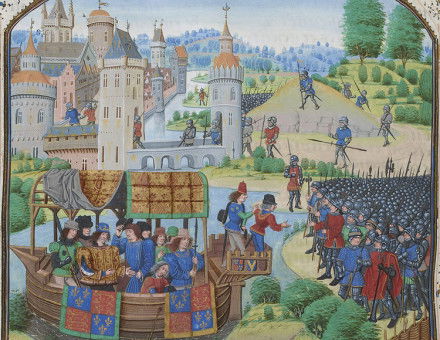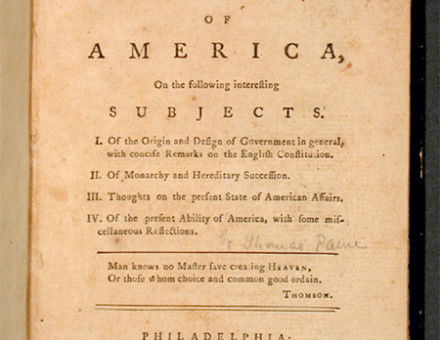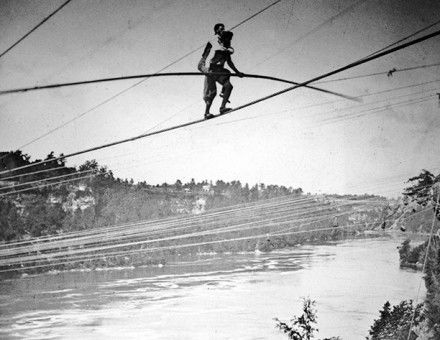Volume 59 Issue 6 June 2009
During his tenure as Governor of the Falkland Islands, David Tatham became fascinated with the Islands’ history. Here he describes how he worked with islanders to create and publish a Biographical Dictionary of the Falklands.
Mark Bryant looks at the lampooning of two hugely unpopular measures imposed during the administrations of two of the United States’ most distinguished presidents.
Marking the 250th anniversary of General Wolfe’s victory over the French at Quebec, Jeremy Black considers the strategy employed by British forces in their struggle to gain and hold Canada.
In 1926 Umberto Nobile, a young Italian airship engineer, became a hero of Mussolini’s Fascist state when he piloted Roald Amundsen’s Norge over the North Pole. But his subsequent attempt to make the journey on behalf of his own country ended in tragedy. Irene Peroni tells his story.
Geoffrey Best looks at the life of A.P. Herbert, writer, wit and MP, who played a major role in the liberalisation of British life with his reform of the draconian divorce laws.
In 1381 England witnessed a ‘summer of blood’ as the lower orders flexed their muscle. Dan Jones tells the story of one of medieval England’s most dramatic yet curiously neglected events.
The year 2009 sees a remarkable coincidence of anniversaries that tell the history of modern China. Some will be celebrated by the authorities on a grand scale, others will be wilfully ignored, but all reveal important aspects of the country’s past, as Jonathan Fenby explains.
The past is more than a set of events with an inevitable outcome. Historians must strive to capture it in all its fascinating strangeness, argues Chris Wickham, as he ponders the problems of writing about the Middle Ages.
Thomas Paine inspired and witnessed the revolutions that gave birth to the United States and destroyed the French monarchy. A genuinely global figure, he anticipated modern ideas on human rights, atheism and rationalism.
Richard Cavendish remembers how the daredevil Jean-François Gravelet stunned the world on 30 June 1859.






